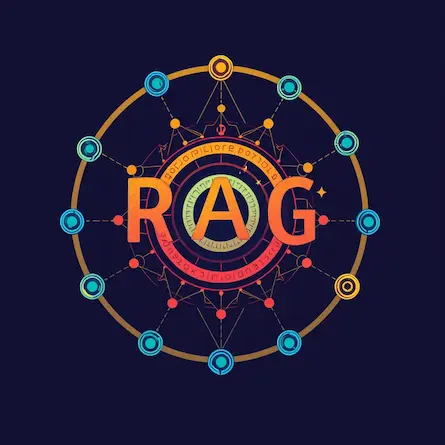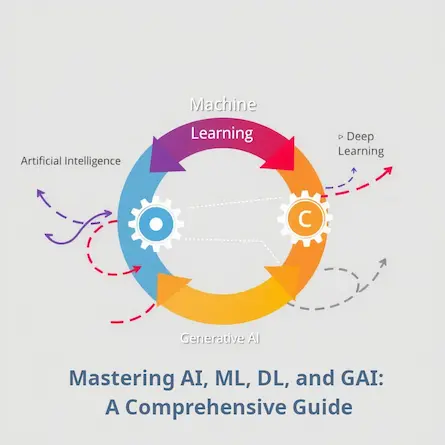
Navigating the AI Job Market: Opportunities in Government Projects and Overcoming Psychological Challenges
- Ctrl Man
- Technology , Career Development
- 11 Sep, 2024
Navigating the Job Market as a Programmer: A Focus on AI Opportunities in Government Projects & Overcoming Psychological Challenges
Introduction
The demand for programmers skilled in Artificial Intelligence (AI) technologies is growing exponentially, particularly within government sectors that are undergoing digital transformations. The integration of AI into public services is not only about modernization but also about enhancing efficiency and service delivery to citizens. However, amidst this rising opportunity landscape, many programmers face unique challenges when it comes to finding employment in this field. This article explores strategies for finding work as a programmer in the AI industry, especially within government projects, while delving into the psychological factors that contribute to difficulties in job searching.
Strategies for Landing AI Jobs in Government
Staying Informed About Legislation and Regulations
Keeping abreast of emerging legislation like Poland’s upcoming AI Act is crucial. This not only ensures that you are aware of legal requirements but also highlights potential areas where government intervention could spur new opportunities. Understanding policy directions can position a programmer as an informed expert, making them a valuable asset to organizations navigating the AI landscape.
Developing Relevance Through Skills
As governments and businesses integrate AI, there is increased demand for specialists with deep knowledge in this field. Focusing on building expertise in AI technologies and related disciplines ensures that your skill set remains relevant and attractive to potential employers. This might include programming languages specific to AI (Python, TensorFlow), machine learning algorithms, data science methodologies, and ethical considerations around AI deployment.
Expanding Opportunities Within Government
The digitization of public services presents a fertile ground for programmers with an interest in government work. Engaging with governmental initiatives aimed at AI development can open up opportunities that might not be readily available to the general job market. Networking with key institutions involved in AI sector growth and development is essential, as these connections often lead to insider knowledge about upcoming projects or initiatives.
Adapting to Rapid Change
Given the rapid pace of technological change, especially within AI, continuous learning is a must. Being prepared for an “immeasurable” field that evolves constantly requires adaptability—embracing new technologies and methodologies, while maintaining foundational skills necessary to integrate them into existing systems.
Addressing Psychological Challenges in Job Search
Overcoming Age-Related Biases
Perceptions about the value of older programmers versus younger ones reflect broader societal biases. To overcome this challenge, highlight your unique experience, contributions, and how they can add significant value to projects or teams. Showcase professional achievements that demonstrate a commitment to staying current with industry trends.
Navigating Skills Obsolescence Anxiety
The fast-evolving nature of technology can lead to feelings of skills becoming outdated. Building a strong foundation in key areas while also acquiring new skills through continuous learning and education helps mitigate this anxiety. Demonstrating initiative in skill acquisition demonstrates resilience and adaptability, which are highly valued traits.
Addressing Discrimination Concerns
Addressing potential biases based on race, beliefs, or political views requires clear communication about your values and professional capabilities. Emphasize how diversity can enrich project teams and enhance the quality of AI solutions developed for public benefit.
Overcoming Imposter Syndrome
Programmers might feel their skills are insufficient, despite the high demand in the industry. Addressing imposter syndrome involves acknowledging one’s achievements while also embracing a growth mindset—seeing challenges as opportunities to learn and grow rather than threats to competence.
Improving Job Search Strategies
Lacking effective job search strategies can be a significant barrier for programmers seeking employment in AI roles within government sectors. Utilizing professional networks, attending industry-specific events, leveraging online platforms like LinkedIn and GitHub for showcasing projects, and tailoring resumes and cover letters specifically to AI positions are crucial steps in improving visibility and finding the right opportunities.
Closing the Perception-Reality Gap
Despite a high demand for programmers with expertise in AI, many find it challenging to secure jobs. Bridging this gap requires a clear understanding of industry needs, aligning personal skills with market demands, and demonstrating value through concrete achievements and certifications that speak to your ability to contribute positively to AI projects.
Conclusion
Navigating the job market as a programmer in the AI sector, especially within government roles, presents both exciting opportunities and unique challenges. By staying informed about legislative trends, developing relevant skills, expanding connections with key industry players, adapting to rapid technological changes, and addressing psychological barriers such as age biases and imposter syndrome, programmers can enhance their employability in this dynamic field. With proactive strategies that focus on continuous learning, networking, and refining job search techniques, the path to fulfilling roles within AI-driven government projects becomes more navigable, offering a rewarding career pathway for those with the passion and expertise in this transformative technology.




















